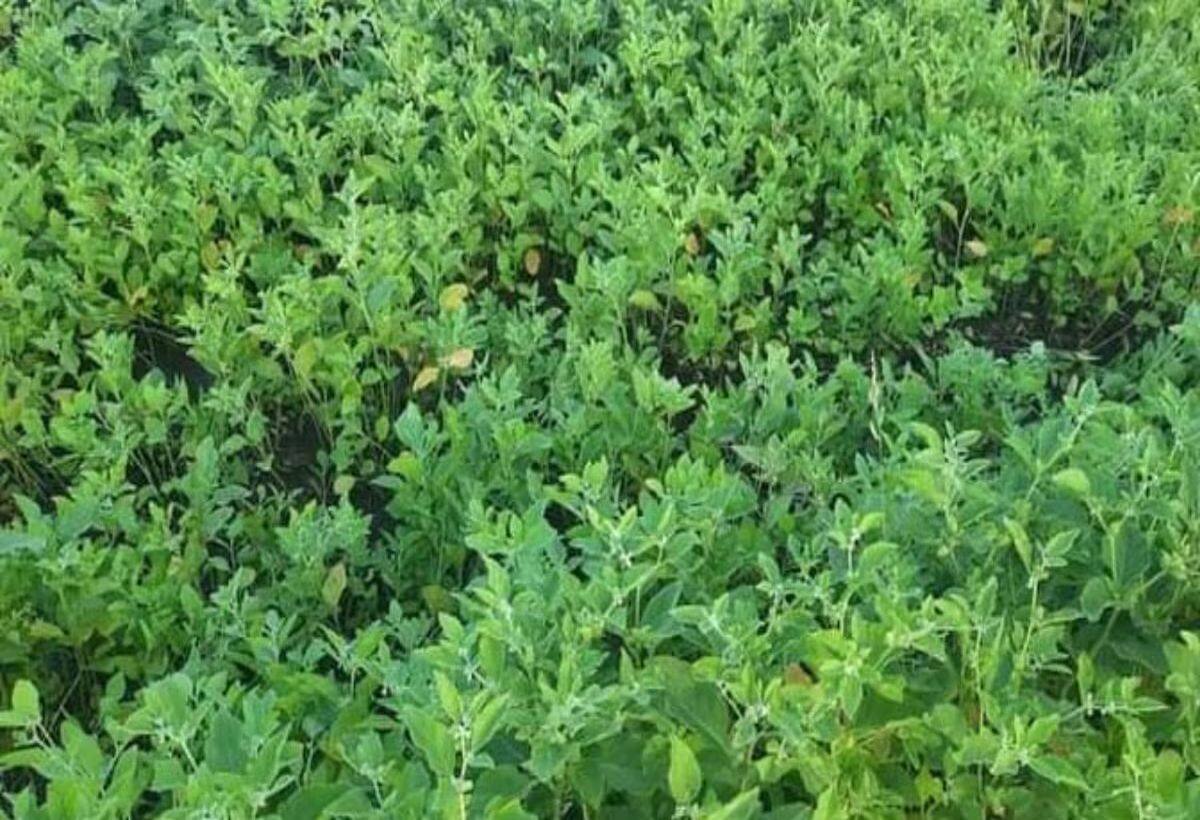Farming has evolved beyond a traditional means of livelihood, attracting educated individuals keen on earning substantial incomes. Many Indian farmers are now shifting focus from conventional crops to cash and medicinal plants, which significantly boost their earnings. If you aspire to cultivate a crop that promises high returns with minimal effort, Ashwagandha farming might be the ideal choice.
Understanding Ashwagandha Farming
Ashwagandha, also known as Indian ginseng, is gaining popularity among farmers across various states in India, including Haryana, Rajasthan, Maharashtra, Uttar Pradesh, Gujarat, Punjab, Kerala, Andhra Pradesh, and Jammu & Kashmir. Interestingly, this hardy plant can even thrive in saline water, making it a versatile option for farmers struggling with poor soil conditions.
Optimal Conditions for Cultivation
The ideal time to cultivate Ashwagandha is between September and October. For achieving a robust crop, the soil must remain moist while dry weather prevails—this is essential for optimal growth. If rain occurs during the Rabi season, it can enhance crop yield. Here are the critical factors for successful cultivation:
| Aspect | Requirement |
|---|---|
| Soil Type | Sandy loam or red soil |
| Soil pH | 7.5 to 8 |
| Seed Quantity | 10-12 kg per hectare |
| Germination Time | 7-8 days |
| Temperature Range | 20-35 degrees Celsius |
| Rainfall | 500 to 750 mm annually |
Ashwagandha plants are typically harvested from January to March, allowing farmers to benefit from the crop within a relatively short timeframe.
Financial Benefits of Ashwagandha Farming
Ashwagandha is arguably one of the most renowned medicinal herbs. It is celebrated for its stress-relieving properties and is in high demand for its numerous medicinal applications. Various products are derived from different parts of the plant, including its roots, seeds, and bark, used in the pharmaceutical industry.
Most impressively, farmers report an income that surpasses their returns from traditional crops like paddy, wheat, and maize by as much as 50%. This advantage has prompted increased cultivation of Ashwagandha, particularly in states like Bihar and Uttar Pradesh, where many are recognizing its potential as a lucrative cash crop.
Ashwagandha: The Horse-Scented Herb
The name Ashwagandha translates to “smell of a horse,” due to the distinct fragrance of its roots. Its development as a medicinal crop not only provides financial benefits but also contributes positively to the health and wellness of consumers.
In conclusion, Ashwagandha farming presents a remarkable opportunity for farmers looking to diversify their crops while maximizing their income. As the demand for medicinal plants rises, investing in Ashwagandha cultivation can lead to substantial profits and help farmers secure their financial future.












